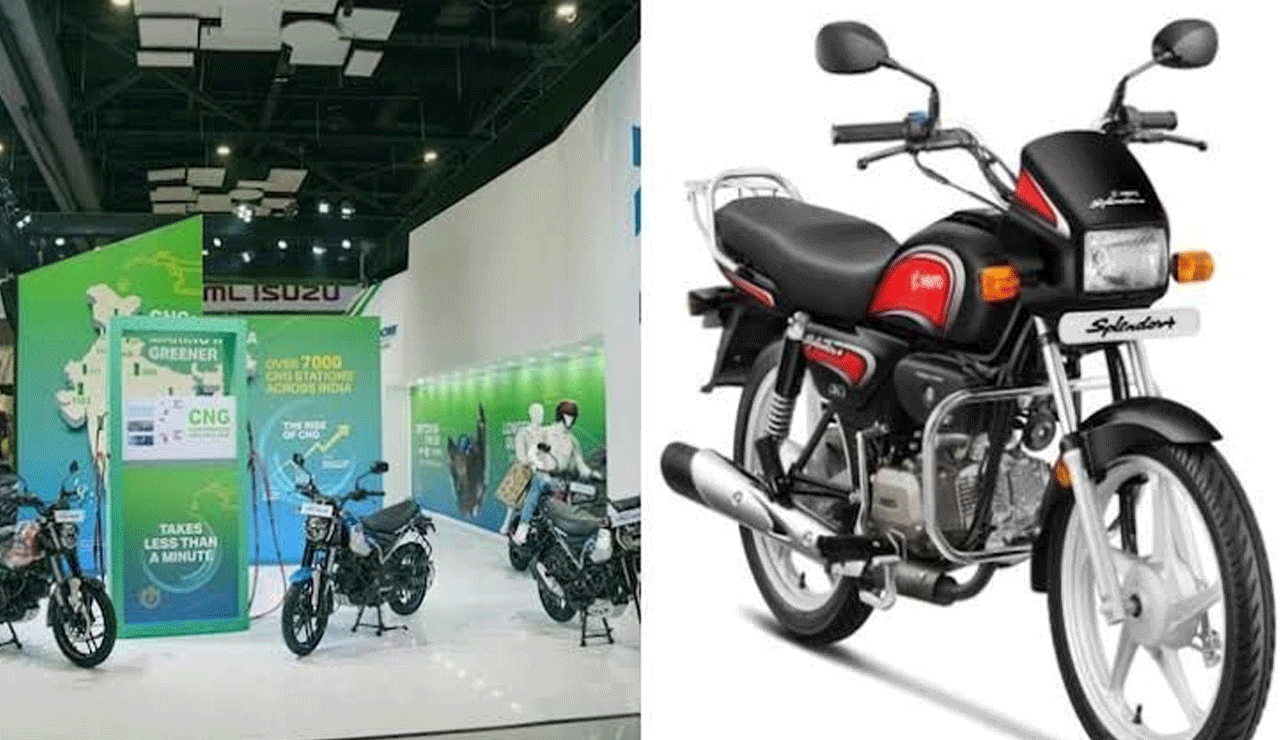Speed Rules to Change in Delhi? EV 2.0 Policy May Ban Petrol-Diesel Two-Wheelers
The Delhi Government is set to unveil its new Electric Vehicle Policy (EV 2.0), which may bring transformative changes to the city’s transport landscape.

New Delhi: The Delhi Government is set to unveil its new Electric Vehicle Policy (EV 2.0), which may bring transformative changes to the city’s transport landscape. Sources suggest that the policy could be announced on April 15, with a vision to significantly reduce pollution and promote clean mobility in the capital.
Table of Contents
Petrol and CNG Two-Wheelers May Be Banned After August 15, 2026
Under the proposed EV 2.0 policy, the sale of petrol and CNG-powered two-wheelers in Delhi may be banned starting August 15, 2026. Additionally, from August 15, 2025, registration of new petrol, diesel, and CNG three-wheelers will be prohibited. CNG autos older than 10 years will be mandated to switch to electric.
Registration Limitations for Fossil Fuel Vehicles
Once the EV 2.0 policy is enforced, if an individual already owns two petrol or diesel cars, they will be allowed to register only electric vehicles as their third car. This move is aimed at discouraging the ownership of multiple internal combustion engine (ICE) vehicles.
Full Electrification of Government Fleets by 2027
By December 2027, all vehicles under Delhi Municipal Corporation (MCD), New Delhi Municipal Council (NDMC), and the Delhi Jal Board must be fully converted to electric. This shift will help set an example for mass adoption of electric mobility in the city.
Massive Expansion of EV Charging Infrastructure
To support the transition, the Delhi government plans to expand EV charging stations and battery swapping centers. Currently, Delhi has 1,919 EV charging stations, 2,452 charging points, and 232 battery swapping centers. Under the new policy, 13,200 public charging points will be established to ensure a charging station every 5 km.
Special EV Subsidies for Women
The EV 2.0 policy includes special incentives for women. The first 10,000 women purchasing a two-wheeler electric vehicle may receive a subsidy of up to ₹36,000. After this, women buyers (along with men) will continue to get up to ₹30,000 subsidy on two-wheeler EVs until 2030.
Financial Incentives for EV Buyers
The policy proposes various subsidies to encourage EV adoption:
- Electric Autos (L5M Category): ₹10,000 per kWh up to ₹45,000
- Four-Wheeler Commercial EVs: Subsidy up to ₹75,000
- Electric Cars (Private use): Subsidy of up to ₹1.5 lakh for vehicles priced under ₹20 lakh
Additionally, individuals who scrap a petrol or diesel two-wheeler less than 12 years old may receive an extra ₹10,000 towards the purchase of a new electric vehicle.
Ambitious Goals for Electric Vehicle Adoption by 2030
The policy sets bold targets to make Delhi a leader in EV adoption:
- By 2027, 95% of newly registered vehicles should be electric
- By 2030, this number is expected to reach 98%
- The EV 2.0 policy will remain in effect until March 31, 2030
